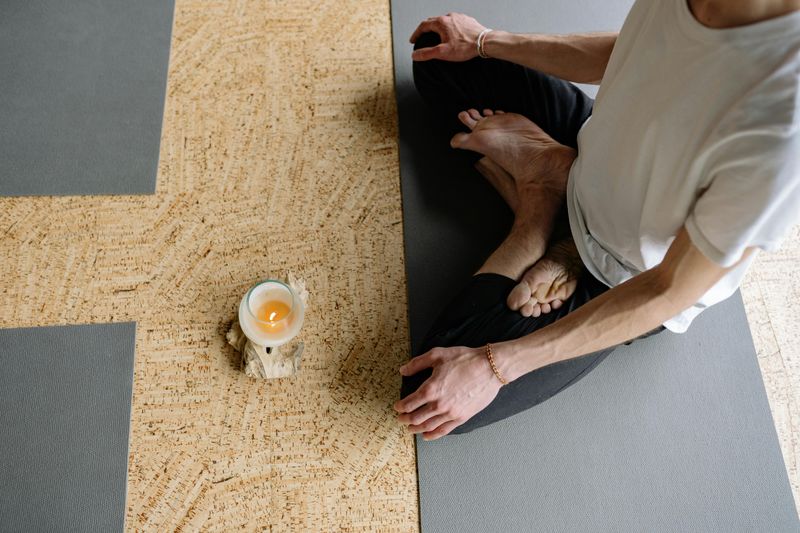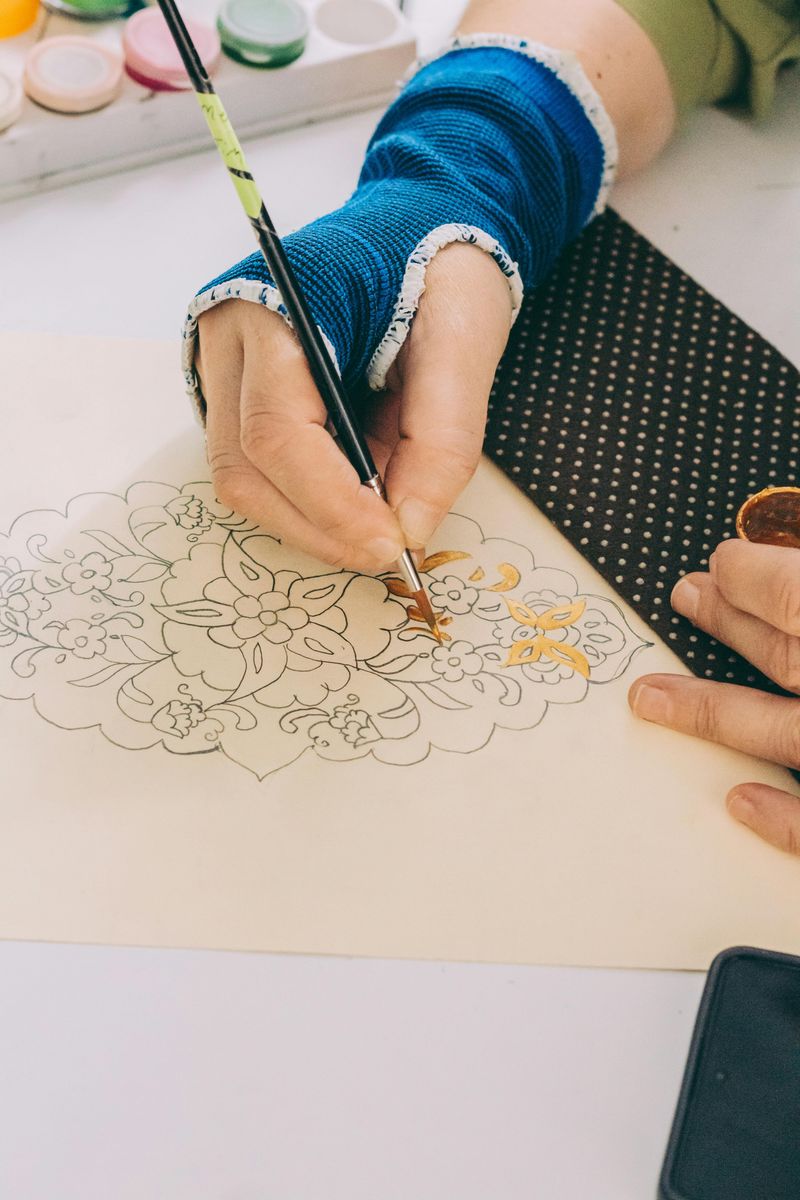11 Ways to Cope When Breakup Triggers Hit Hard

Breakups are tough enough on their own, but dealing with triggers afterward can feel like reopening a wound. A song, a place, or even a smell can bring back memories that hit you like a wave.
Learning how to manage these moments is essential for moving forward and healing. This guide offers practical ways to handle those unexpected emotional triggers and regain your sense of peace.
1. Recognize Your Triggers Without Judgment

Understanding what sets off your emotions is the first step toward healing. Your triggers might be a specific restaurant, a type of music, or even certain times of day. Write them down in a journal so you can see patterns forming.
When you notice a trigger, acknowledge it without beating yourself up. Feeling sad or angry is completely normal and doesn’t mean you’re weak. Accepting your emotions helps you process them more effectively.
Over time, recognizing triggers becomes easier, and they lose some of their power. You’ll start to feel more in control of your reactions instead of being caught off guard.
2. Create a Comfort Kit for Tough Moments

A box of comforting items can be a small lifeline during hard moments. Fill it with things that make you feel safe and happy, like cozy blankets, favorite treats, or pictures of friends and family you love.
Add items that engage your senses, such as scented candles, stress balls, or soothing music playlists. When a trigger hits, reach for your comfort kit instead of spiraling into negative thoughts. Physical objects can ground you in the present moment.
Your kit reminds you that you’ve prepared for these tough times. It’s like giving yourself a hug when you need it most.
3. Reach Out to Your Support System

Isolation makes everything feel worse, especially after a breakup. Call a trusted friend or family member when triggers overwhelm you, even if it’s just to talk about something completely unrelated. Connection is powerful medicine for a hurting heart.
Don’t worry about being a burden—people who care about you want to help. Share what you’re going through honestly, and let them offer support in whatever way feels right. Sometimes just knowing someone is there makes all the difference.
Building and maintaining these connections strengthens your resilience over time. You’ll realize you’re not alone in this journey.
4. Practice Grounding Techniques

When anxiety from a trigger takes over, grounding techniques bring you back to the present. Try the 5-4-3-2-1 method: name five things you see, four you can touch, three you hear, two you smell, and one you taste. This simple exercise interrupts overwhelming thoughts.
Another effective technique is focusing on your breathing. Breathe in slowly for four counts, hold for four, then exhale for four. Repeat until you feel calmer and more centered in your body.
These methods work because they shift your attention from painful memories to your immediate surroundings. With practice, they become second nature during difficult moments.
5. Change Your Physical Environment

Your surroundings hold memories, and sometimes you need a fresh perspective. Rearrange your furniture, add new decorations, or even paint a wall a different color. Small changes can make a big psychological difference in how you feel at home.
If possible, explore new places in your neighborhood or city. Visit a coffee shop you’ve never been to or take a different route to work. Breaking old patterns helps your brain form new, trigger-free associations.
Creating new experiences in familiar spaces helps you reclaim them as your own. You’re building a life that belongs entirely to you now.
6. Limit Social Media Exposure

Scrolling through social media can be a minefield after a breakup. Seeing your ex’s posts or mutual friends’ updates can trigger intense emotions unexpectedly. Consider unfollowing, muting, or even blocking accounts that cause you pain, at least temporarily.
Set specific times for checking social media rather than mindlessly scrolling throughout the day. Use app timers to limit your exposure and protect your mental space. Remember, what people post online rarely shows the full picture anyway.
Taking a break from social media altogether can be incredibly freeing. You’ll have more time and energy for activities that actually help you heal.
7. Develop a New Routine

Old routines often include reminders of your past relationship. Building new habits gives you something positive to focus on and helps establish your independent identity. Start small with something like a morning walk or evening reading time.
Consistency is more important than intensity when creating new routines. Pick activities you genuinely enjoy rather than forcing yourself into things you think you should do. This makes them sustainable long-term.
New routines provide structure during chaotic emotional times. They give you predictable moments of peace and accomplishment throughout your day, building confidence as you move forward.
8. Express Yourself Through Creative Outlets

Feeling stuck? Let your emotions out through art, writing, music, or dance. You don’t have to be talented—just doing it is what makes it helpful.
Try writing letters you’ll never send, painting your feelings with colors that match your mood, or making playlists that capture your emotional journey. These activities help you process complex feelings that are hard to put into words.
Creativity transforms pain into something tangible and external. Many people find that their most meaningful work comes from their most difficult experiences.
9. Set Boundaries Around Trigger Situations

You’re allowed to protect yourself by avoiding certain situations while you heal. If your favorite restaurant holds too many memories, choose a different one. If mutual friends’ gatherings feel too painful, it’s okay to decline invitations temporarily.
Communicate your boundaries clearly but kindly to others. Most people will understand and respect your needs during this time. Setting limits isn’t selfish—it’s essential self-care that allows proper healing.
As time passes, you’ll gradually feel ready to face previously triggering situations. Until then, honor where you are in your healing journey without rushing the process.
10. Focus on Physical Self-Care

Emotional pain often makes us neglect our bodies, but physical health directly impacts emotional resilience. Make sure you’re eating regular, nutritious meals even when you don’t feel hungry. Your brain needs fuel to process difficult emotions effectively.
Prioritize sleep by maintaining consistent bedtime routines and creating a restful environment. Exercise releases endorphins that naturally improve mood, so find movement you enjoy, whether it’s dancing, swimming, or simple stretching.
Taking care of your body sends a message that you’re worth the effort. Small acts of physical self-care build momentum toward overall healing.
11. Consider Professional Support

Sometimes triggers are too overwhelming to handle alone, and that’s completely okay. Therapists specialize in helping people navigate difficult emotions and develop coping strategies tailored to your specific situation. There’s no shame in asking for professional help.
Many therapists offer online sessions, making support more accessible than ever. They can teach you evidence-based techniques for managing triggers and processing grief from the relationship. Think of therapy as emotional training with an expert coach.
Investing in professional support shows strength and self-awareness. It’s one of the most effective ways to ensure you heal properly and avoid carrying pain into future relationships.

Comments
Loading…